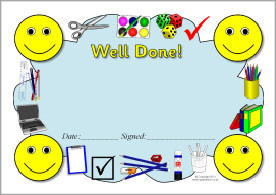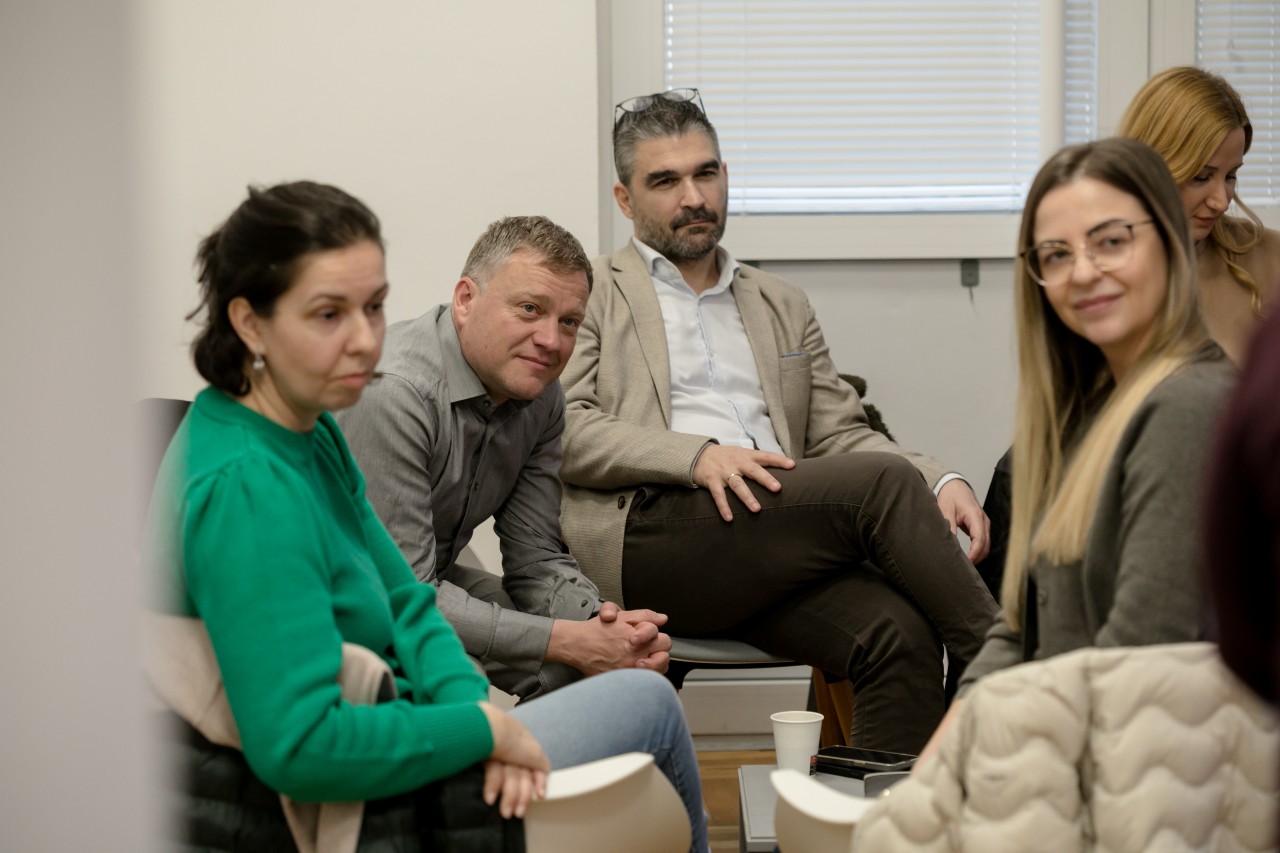As care-givers, we worry about children’s self esteem. We worry that children lack self-confidence and that without a good self-image they will not progress, recognise their progress or enjoy their learning.
We think of the worst case scenarios where low self-confidence and self-esteem are linked to mental health disorders and once again, we worry. We want to boost self esteem and surely praising children will do that, won’t it?
Praise can be a good thing and even as adults, we like to be told that we have done something well. We are not immune to the glow of satisfaction when somebody recognises our efforts or achievements but could we be inadvertently doing more harm than good? Carol Dweck has conducted research studies into the effects of praise on children finding:1
Many educators have hoped to maximize students’ confidence in their abilities, their enjoyment of learning, and their ability to thrive in school by praising their intelligence. We’ve studied the effects of this kind of praise in children as young as 4 years old and as old as adolescence, in students in inner-city and rural settings, and in students of different ethnicities””and we’ve consistently found the same thing: Praising students’ intelligence gives them a short burst of pride, followed by a long string of negative consequences.2
Negative consequences as a result of being praised for their intelligence? Surely not? Whilst at first this might seem contradictory, when we explore the relationship between praise, the traits being praised and self-esteem, we find that praise becomes connected with how pupils view not only their own intelligence, but the concept of intelligence itself. If children are praised for ‘being clever’ they believe that intelligence is something fixed. Rather than opting for a challenge, children then choose ‘safe’ tasks which they feel that they can complete and don’t put themselves out of their comfort zone. They begin to associate their own self-worth with performance which can generate anxiety. Children need to develop resilience by trying, not succeeding and trying again which they won’t do if they believe that ‘intelligence’ is fixed and predetermined.
So how do we get it right? How can we praise children to be encouraged, boosting their self-esteem and their confidence? What does this “good” sort of praise look like?
- Don’t overpraise. If a child is engaged and motivated by an activity, over praising them can encourage them to become motivated by the reward (your praise) than by the activity itself. They then start doing it for you rather than for themselves.
- Praise their efforts or the strategy they used, the process rather than the product. Research has shown that children who are praised for their engagement, perseverance, strategy or improvement rather than their intelligence or achievements show greater confidence in having another go at a task they have not succeeded in. It also shows greater levels of enjoyment in the task and therefore greater motivation to continue rather than give up3. Children should know that results come as a result of all those other important things which are so much to do with one’s attitude towards learning.
- Embrace challenge. Tasks should be achievable but it is important not to link doing something easily with intelligence. The level of challenge needs to be set at the right level for the ability of the child and what they have already learnt but should encourage them to take their thinking to the next step.
- Encourage children to explain. Ask them to discuss their work or their ideas, explain how they solved a puzzle or ask them to teach you something. In being able to do all these things, children will realize their abilities and confidence in being able to apply what they have learnt which will lead to a deeper and more lasting confidence.
- Be specific. Let your child know what they are being praised for rather than a generic “well done”. Maybe it’s for sounding out difficult words in their reading or maybe it was for listening carefully to the instructions so that they knew exactly what to do. Children want to know what it is they have done well in. It also sounds much more sincere like you have really been paying attention.
- Reward charts can be a useful way of developing a pattern of behaviour rather than a one off. It is a visual way for a child to see that if they repeat something they can work towards a reward.
- 1 (Cimpian, Arce, Markman, & Dweck, 2007; Kamins & Dweck, 1999; Mueller & Dweck, 1998)
- 2 http://www.ascd.org/publications/educational-leadership/oct07/vol65/num02/The-Perils-and-Promises-of-Praise.aspx
- 3 http://www.education.com/magazine/article/praise-children-expert/
- Featured image: Andrés Nieto Porras



















